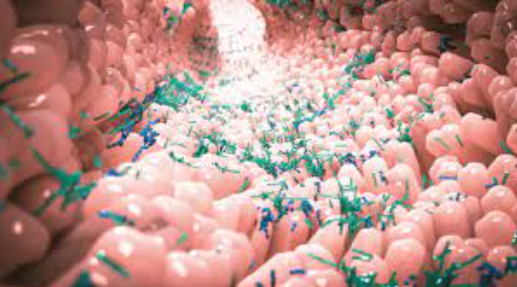Do antibiotics weaken the autoimmune system?

Despite the fact that antibiotics have dramatically reduced infant mortality in the world, there is increasing evidence that their indiscriminate use is associated with negative changes in the intestinal microbiota, which weaken the immune system.
The use of antibiotics during the first years of life may cause conditions such as asthma, obesity and inflammatory bowel disease to become more acute or more frequent in the future, consumption of antibiotics continues to increase, and increases the risk of various chronic non-communicable diseases.

The impact of these drugs on the microbiota or intestinal microbiome, which is the set of microorganisms that inhabit the human gastrointestinal tract and that allows, thanks to a complex network of connections, to regulate the immune system. These microorganisms fulfill a defensive function as external pathogens compete for space and nutrients. This prevents adverse microbes from invading the intestine and causing disease.
This change in the diversity and composition of the microbiota due to the effect of antibiotics in early childhood has been associated with the development of asthma, allergies, obesity and a type of inflammatory bowel disease known as Crohn’s disease. That’s why beneficial bacteria are so important, especially in the first few years of life. A high diversity of microbes in the gut makes the immune system more efficient and makes fewer mistakes.




Responses